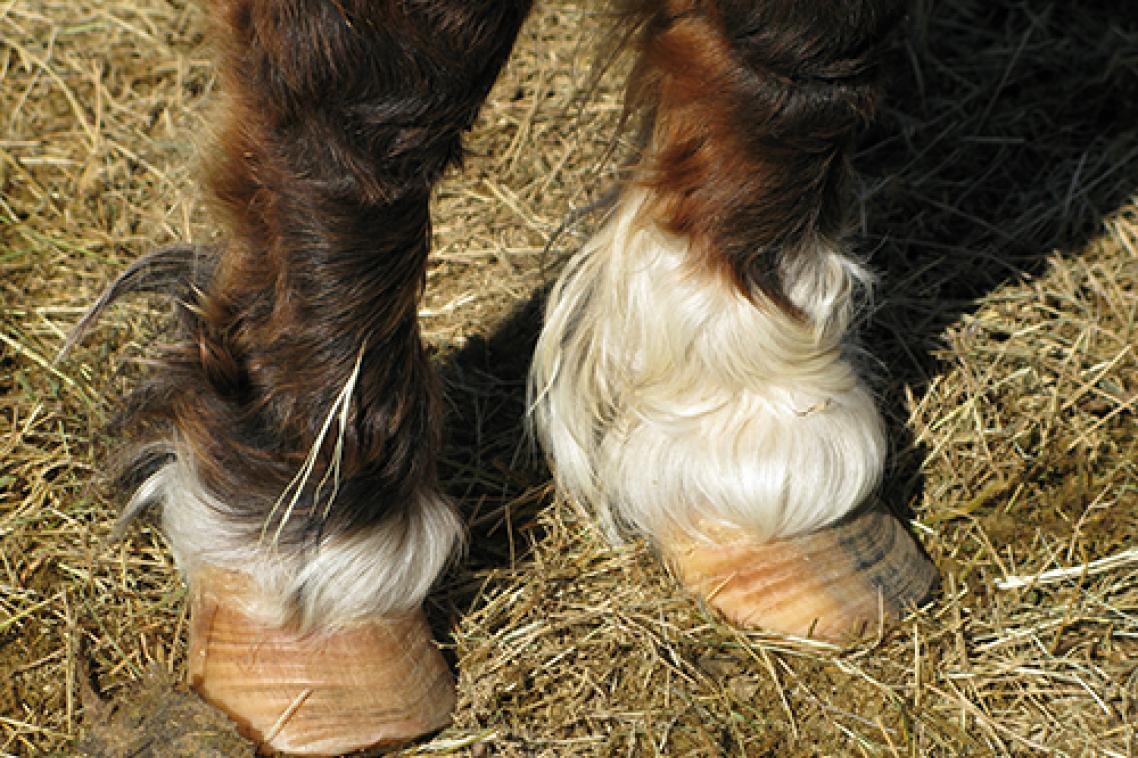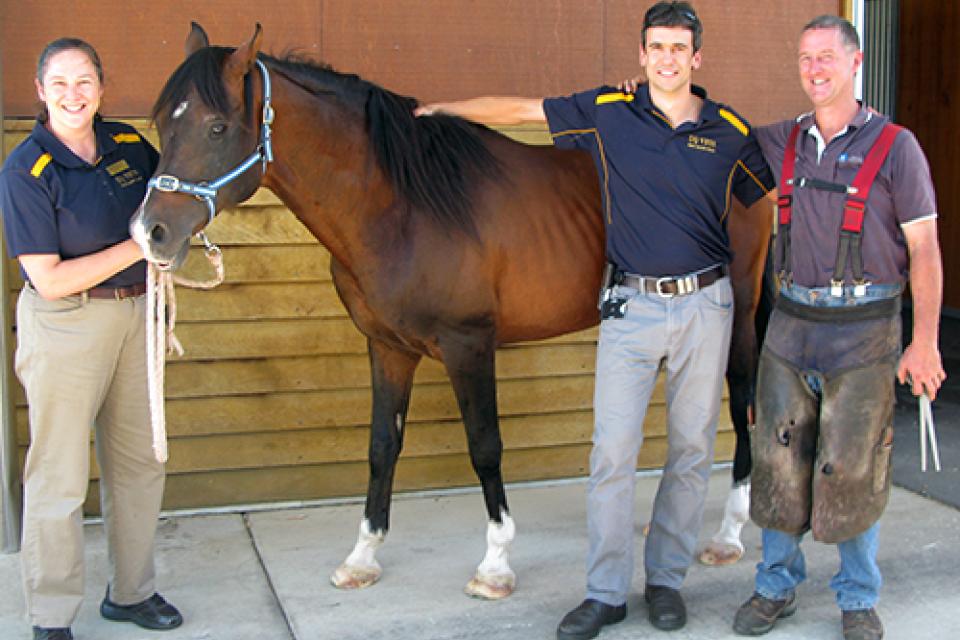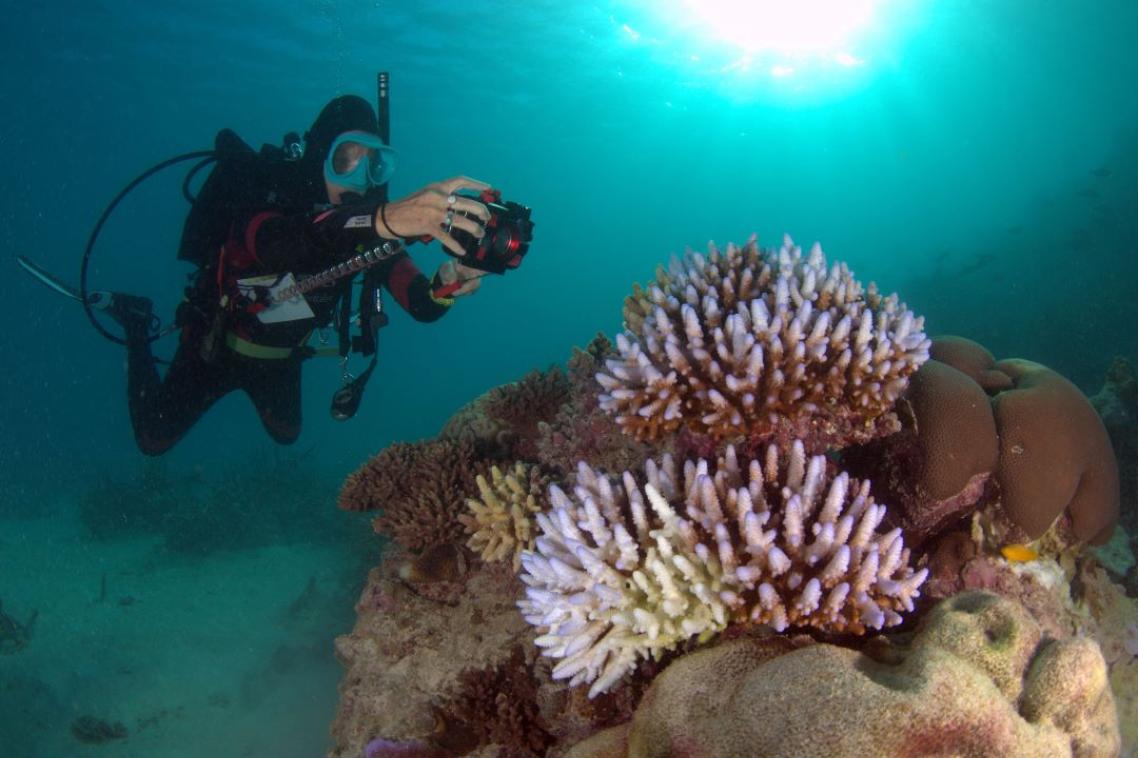Program helps horse owners with speedier diagnosis

An educational program is helping horse owners and vets to recognise and treat two hormonal conditions which are the most common causes of founder.
University of Queensland researcher Dr Allison Stewart said the program could help reduce the impact of founder, or equine laminitis, which causes devastating hoof inflammation, pain and lameness.
“Founder often recurs and, although it can be successfully managed, it is rarely cured,” Dr Stewart said.
“Most owners know that fat horses are more likely to founder, though many people don’t realise that hormonal problems can be the underlying cause.
“The most common cause of founder is equine metabolic syndrome, or EMS, which is similar to type two diabetes in people and is caused by insulin dysregulation,” she said.
“The other condition, pituitary pars intermedia dysfunction, or PPID, was previously known as equine Cushings syndrome, and it affects one in five Australian horses and ponies over the age of 15 years.
“Educating owners to recognise the early clinical signs, and to have annual testing of older horses can help promptly diagnose the condition.”

Horses and ponies with EMS have abnormal fat distribution such as cresty necks and rolls of fat in their shoulders, sheaths and rumps. It is predisposed by genetics and frequently influenced by diet.
The UQ School of Veterinary Science has been a world-leader in equine laminitis research since the mid-1990s, making significant breakthroughs that have led to changes in clinical approaches and management of founder.
The UQ VETS Equine Specialist Hospital at UQ’s Gatton campus offers comprehensive screening tests for PPID and EMS which are recommended in the prevention and management of laminitis.
Dr Stewart said donations to support equine endocrinology research and education at UQ could be made via UQ’s donation platform.
Media: Dr Allison Stewart, allison.stewart@uq.edu.au, +61 7 54601 799; Dominic Jarvis, dominic.jarvis@uq.edu.au, +61 413 334 924.
Topics
Related articles

Should you consent to your doctor using an AI scribe? Here’s what you should know.

Thousands of Queensland reef photos lead to worldwide change
Media contact
UQ Communications
communications@uq.edu.au
+61 429 056 139
